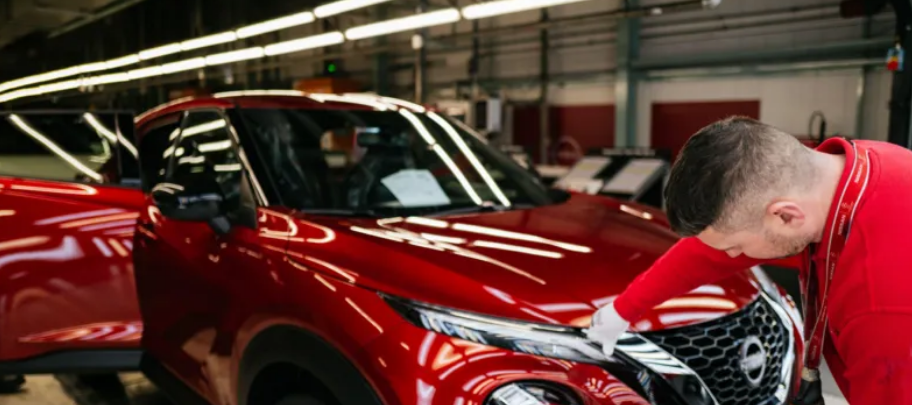Japanese carmaker Nissan has announced plans to slash an additional 11,000 jobs and close seven factories worldwide as it faces mounting pressure from weak global sales, failed merger talks, and a turbulent market environment.
The latest round of layoffs brings the total number of job cuts announced by Nissan over the past year to around 20,000—approximately 15% of its global workforce of 133,500. Two-thirds of the new job losses will affect manufacturing roles, while the remaining cuts will impact sales, administrative, research, and contract positions, according to Chief Executive Ivan Espinosa.
It remains unclear which locations will be most affected, and whether the company’s plant in Sunderland, UK—employing about 6,000 people—will face any job losses.
The move comes as Nissan struggles in its two largest markets, the United States and China. In China, intense competition from domestic electric vehicle makers like BYD has contributed to a 12% decline in sales. In the U.S., while retail sales ticked up slightly last year, the firm has been weighed down by inflation, higher interest rates, and the impact of former President Donald Trump’s trade tariffs.
Nissan also posted an annual loss of 670 billion yen ($4.5 billion), capping a difficult financial year. Espinosa described the results as a “wake-up call,” citing rising costs and global uncertainty. The company has refrained from issuing an earnings forecast for the coming year, citing unpredictability surrounding U.S. trade policy.
Earlier cost-cutting measures, announced in November, included the elimination of 9,000 positions and plans to reduce global production by 20%. Now, with factory closures and further cuts, Nissan aims to streamline operations and recover profitability.
The automaker’s efforts to secure stability through a proposed merger with fellow Japanese manufacturers Honda and Mitsubishi fell apart in February, reportedly due to disagreements over the structure and scale of the deal. The merger would have created a $60 billion global powerhouse, ranking fourth in vehicle sales behind Toyota, Volkswagen, and Hyundai.
Following the breakdown of the merger, then-CEO Makoto Uchida stepped down and was succeeded by Espinosa, previously the company’s chief planning officer.
Last week, Nissan also canceled plans to build a battery and electric vehicle facility in Japan, scaling back investment in response to continued financial strain. Despite a growing global shift toward electric vehicles, Nissan’s sluggish adaptation in key markets has hampered competitiveness—particularly in China, now the world’s largest EV producer.
The company said it expects profits to remain flat this year, even without factoring in the potential impact of new trade measures.


